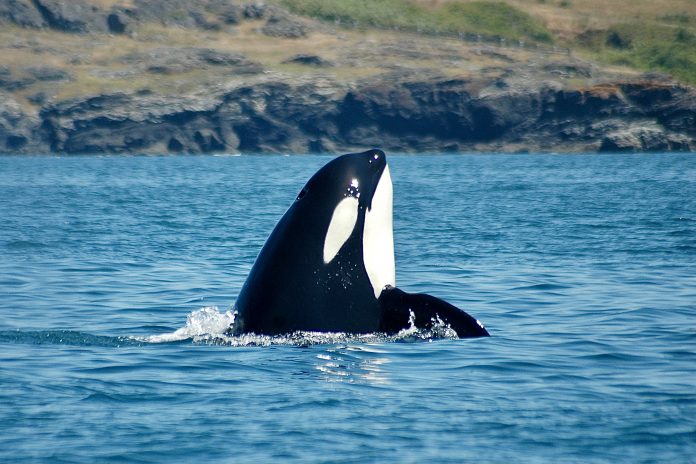
Array
The Last 74 Critically Endangered Southern Resident Orcas Receive New Federal Protection For 15,910 Square Miles Of West Coast Habitat
By WAN
You can help all animals and our planet by choosing compassion on your plate and in your glass. #GoVeg
RELATED ARTICLES
Pressure Mounts For Arizona To Ban Dog Pack Hunting Of Mountain Lions, Bears & Other Critical Species
Conservation groups have submitted a petition to the Arizona Game and Fish Commission urging a ban on the use of dog packs for hunting...
Help Save Millions Of Lives This Holiday By Choosing Compassion On Your Plate; Adopt A Turkey Today!
As Thanksgiving approaches, we hope you enjoy a warm and safe holiday. We encourage you to make a compassionate choice by leaving animals off...
Giraffes Are One Step Closer To Receiving Vital Endangered Species Act Protections
In response to a petition and subsequent lawsuit by conservation and animal protection organizations, the U.S. Fish and Wildlife Service (USFWS) has proposed listing...
Popular stories
Breaking News
Victory! Belgium Announces A Ban On Trophy Hunting Imports To Protect & Save Endangered Species
On Friday, the Belgian Federal government’s Council of Ministers approved a legislative proposal for a ban on the import of hunting trophies of endangered species...
Breaking News
A Coalition Of Groups Joins Forces To Oppose Namibia & Zimbabwe’s Horrific Wildlife Cull
A coalition of animal protection and conservation organizations, including World Animal News, Peace 4 Animals, Born Free USA, and Born Free Foundation, expresses deep concern...
Breaking News
Over 120 Dogs Rescued From Alleged Dogfighting Operation In New Jersey
Photos by: HSUS
This week the Humane Society of the United States (HSUS) assisted law enforcement with the rescue of over 120 dogs from an...


